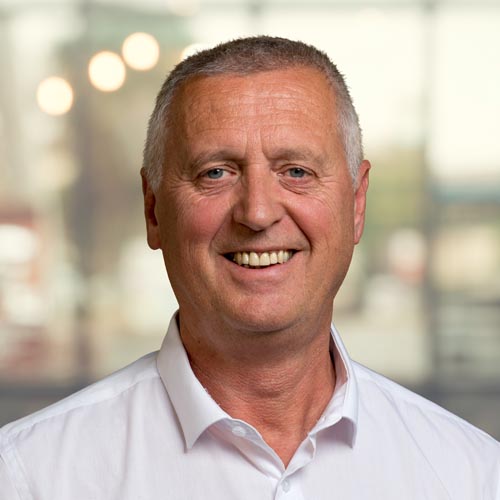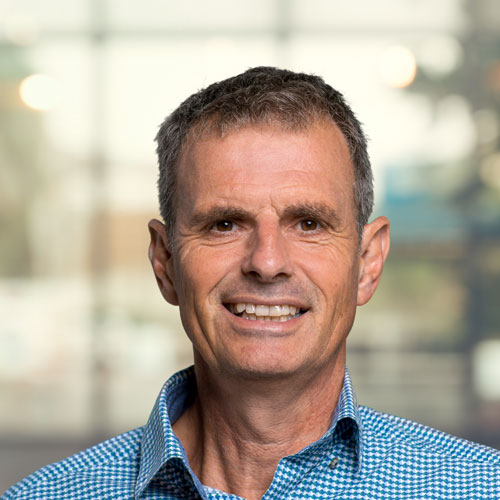
Supporting policymaking on the circular economy
Public authorities want to reduce their ecological footprint and contribute to a sustainable living environment. We’re engaged in a step-by-step transition to a circular economy and this transition must be efficient and positive. But what are the opportunities and threats? How do we prevent the value destruction of goods? And what circular business models are possible? We’re finding out.
The overarching goal of a circular economy?
Unlike the climate challenge, there’s no overarching goal for the transition to a more circular economy, such as reducing carbon emissions. A more circular economy certainly contributes to more efficient use of raw materials. And at the same time, it will also affect environmental, economic, and social impact.
Accelerating the transition
We want to accelerate the transition to a circular economy. We do this by giving direction to the design and development of such an economy. For example:
- ecosystems
- policy
- rewards
- business models
- impact assessments
- technology
- infrastructure
- products
- co-creation or concrete solutions for products and technologies.
We have modelling tools to analyse both the use of raw materials and material flows. We also model the environmental, economic, and societal effects.
The Integral Circular Economy Report
We’re part of the consortium of institutions working on the Integral Circular Economy Report (ICER). The ICER shows the current status of the transition to a circular economy in the Netherlands. It contains guidelines for the government's policy on the transition to a circular economy. The report describes:
- the actions of civil society organisations
- the resources they use for this purpose
- interventions by the government.
The report also provides a summary overview of the Dutch use of raw materials, and the associated burden on the environment and socio-economic effects. The ICER will be published every two years.
Partners
We collaborate with:
- Statistics Netherlands (Centraal Bureau voor de Statistiek, CBS)
- the Centre for Environmental Sciences (Leiden University)
- the Copernicus Institute (Utrecht University)
- the Netherlands Bureau for Economic Policy Analysis (Centraal Planbureau, CPB)
- the National Institute for Public Health and the Environment (Rijksinstituut voor Volksgezondheid en Milieu, RIVM)
- Netherlands Enterprise Agency (Rijksdienst voor Ondernemend Nederland, RVO)
- Directorate-General for Public Works and Water Management (Rijkswaterstaat, RWS).
Work Programme for Monitoring and Guiding the Circular Economy
All these institutions contribute to the multi-annual Work Programme for Monitoring and Guiding the Circular Economy. The Netherlands Environmental Assessment Agency (Planbureau voor de Leefomgeving, PBL) leads this programme. We contribute to the programme through our activities in impact assessment and the circular economy.


